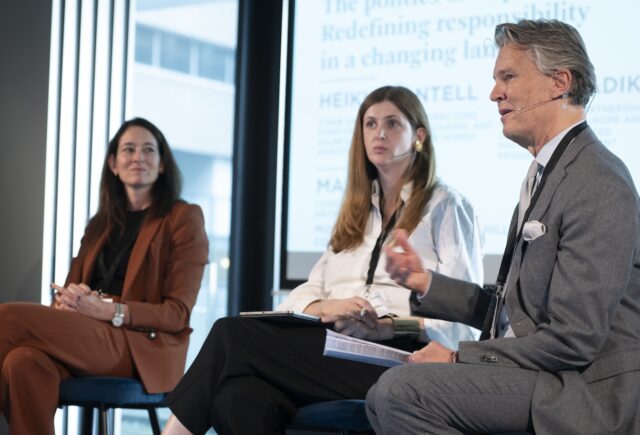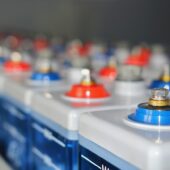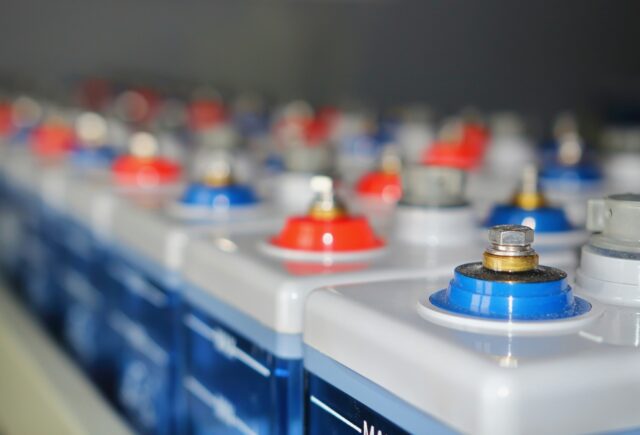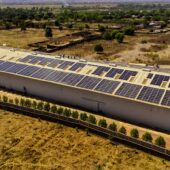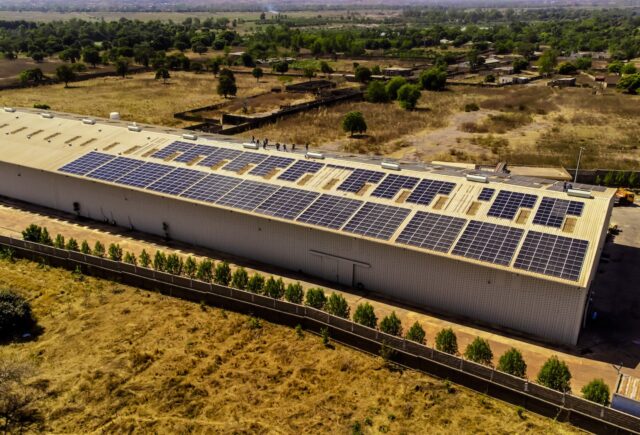ECOM works with smallholder farmers in 40 countries who face the impacts of volatile commodities prices on their livelihoods.
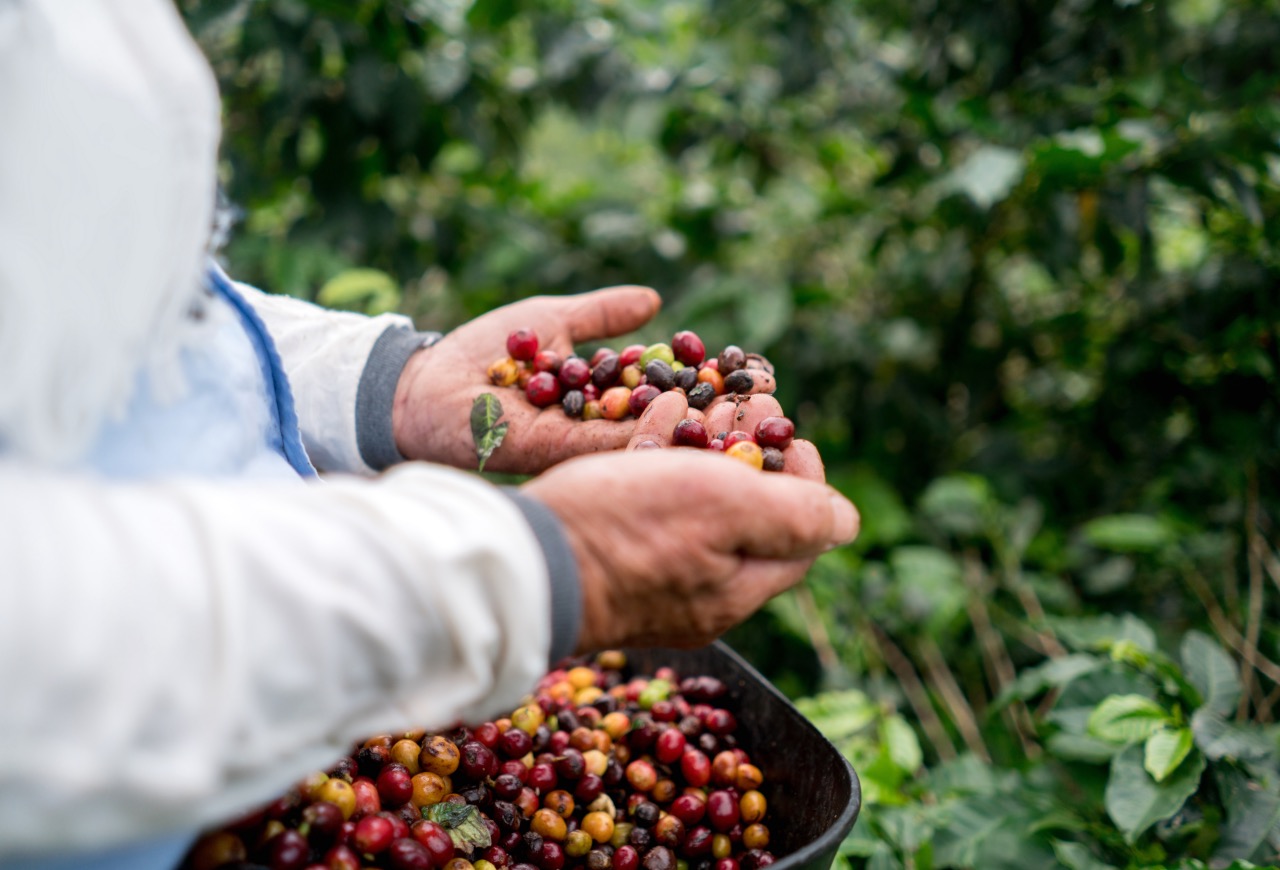
A group of European development finance institutions (DFIs) are providing a $155m (€137m) long-term working capital facility to ECOM, an international sustainable coffee, cocoa, and cotton sourcing and trading company.
FMO is lead arranger of the syndicated, seven-year facility. Joining the Dutch DFI in the group are British International Investment (BII), Belgium’s BIO, Germany’s DEG and France’s Proparco.
The facility is intended to support Swiss-based ECOM’s operations and investments across its supply chain in Africa and other markets in which it sources products by financing its working capital needs, against the backdrop of volatile cocoa and coffee prices.
“This facility is a testament to the dedication of DFIs to mobilise capital for critical commodities in key origins markets in a way that supports smallholder farmers in the background of unprecedented price developments,” Hans Boogaard, FMO’s director of agriculture, food and forestry, said.
ECOM works with over 500,000 smallholder farmers across 40 countries with the aim of creating sustainable and inclusive supply chains that create social and economic impact. Its sustainability management services division provides financing to replenish older coffee tree stocks, access agri-nutrition products, and provides capacity building and training to farmers to improve yields.
FMO said ECOM’s growth had been backed by a commitment to UN sustainable development goals on sustainability (SDG 13) and inclusivity (SDG 10), which aligned with the missions of the participating DFIs.
The Dutch DFI has provided several facilities to ECOM over the past 13 years, having led three DFI investment syndicates, as well as providing subordinated debt financing.
Export earnings
Kwabena Asante-Poku, country director for Ghana and Côte d’Ivoire at BII, said the facility would support the generation of foreign exchange through agricultural exports, fostering resilient and sustainable economic growth in Africa.
“This funding will help strengthen sustainable agricultural value chains and improve the livelihoods of smallholder farmers, particularly in Ghana and Côte d’Ivoire,” he said.
BIO’s chief investment officer Carole Maman said the Belgian DFI’s investment focused specifically on sustainable cocoa sourcing in Côte d’Ivoire.
“ECOM is considered a pioneer in this segment, with a strong field presence and extensive support to smallholder farmers,” she said.
Rena Terfruechte, DEG’s head of industries & services debt, Africa & EMECA, said the facility reinforced proven cooperation among DFIs. She also highlighted the role of ECOM in supporting women.
“The project will provide thousands of smallholder farmers of which more than 20% are women with a reliable income. With ECOM’s support farmers learn about more efficient production methods and improve their resilience to climate change,” she said.
Strengthening sustainable agricultural supply chains has become a focus for pooled investment by DFIs. In February, Norfund, Swedfund and BII announced a joint $85m investment in AgDevCo, an agribusiness investor supporting food systems and farming across sub-Saharan Africa.
In the same month, Swedfund said it had joined FMO, BII, Proparco and ILX in providing a $105m working capital facility for commodities trader Robust International to increase local processing capacity in several African countries was also announced.

